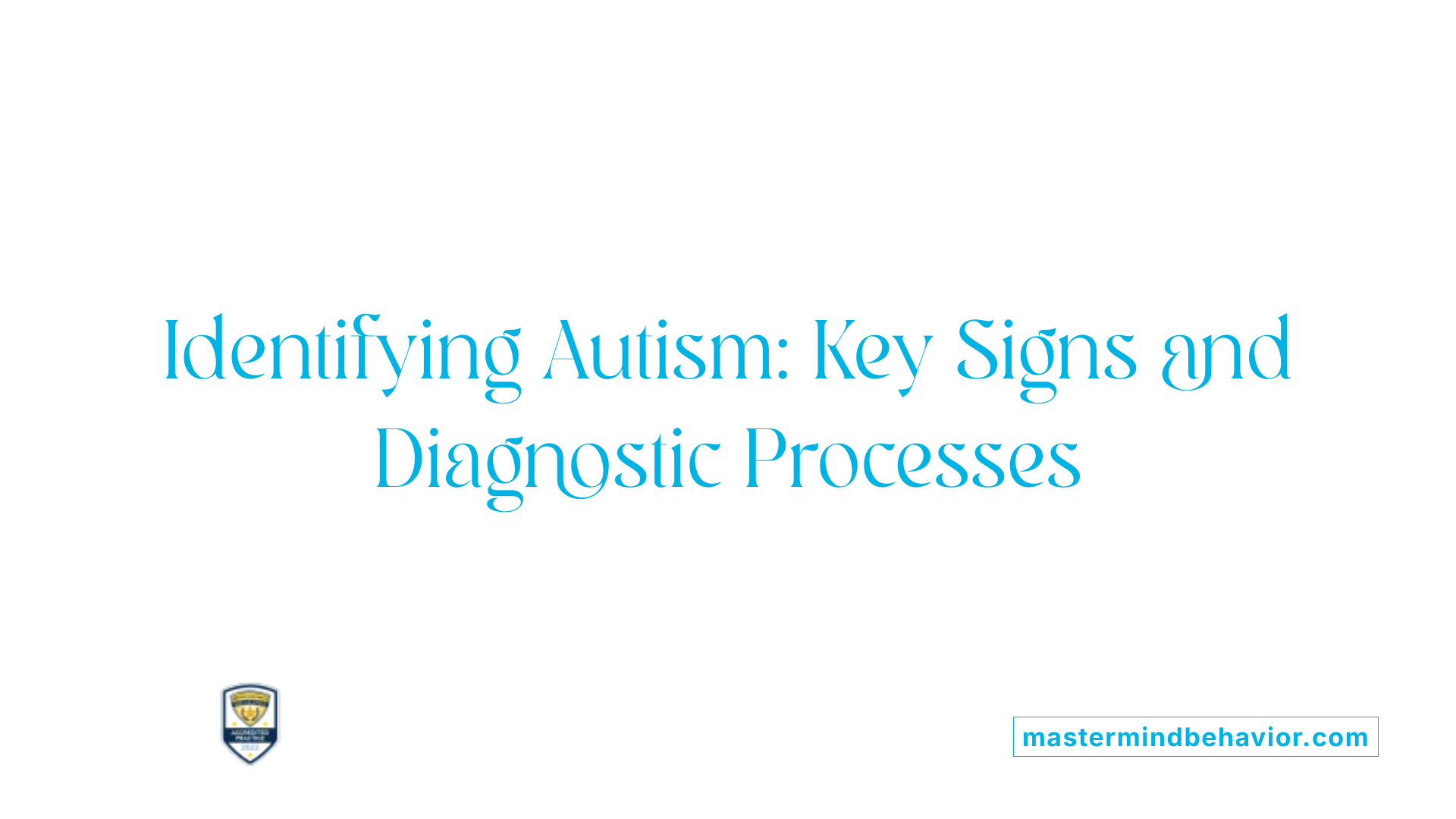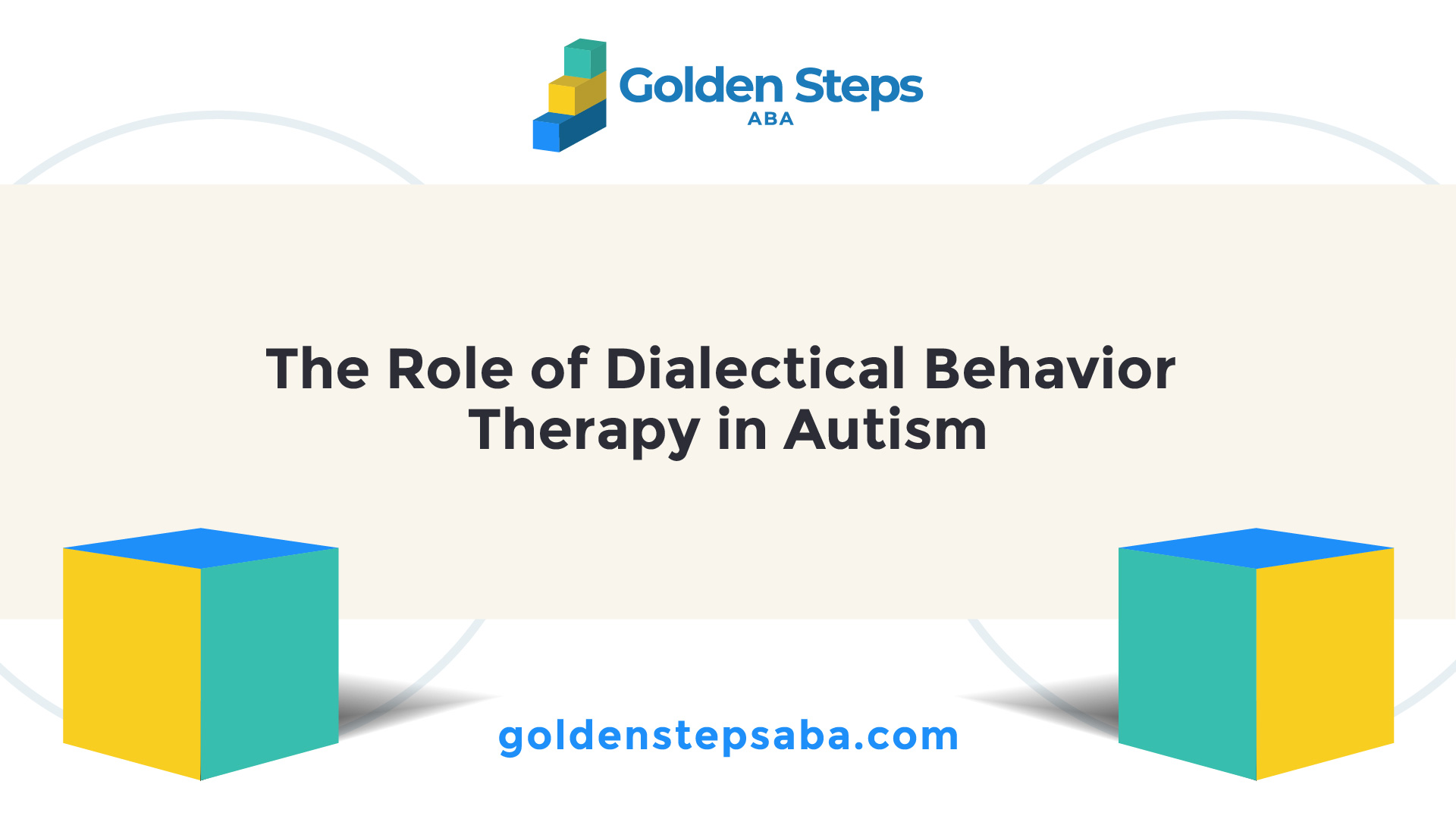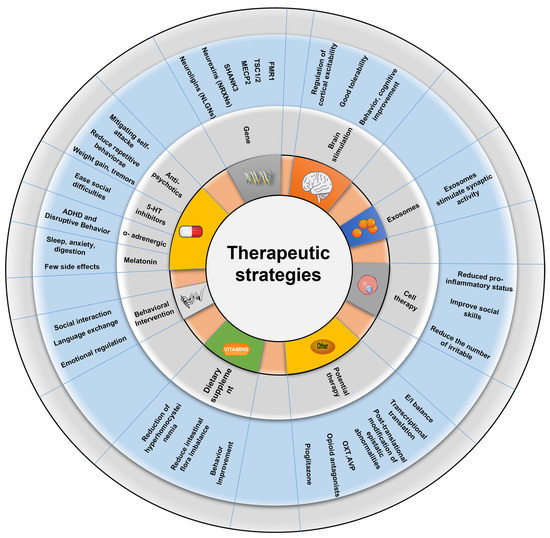Turning challenges into growth using Autism Behavioral Therapy
Turning challenges into growth using Autism Behavioral Therapy
Blog Article
Comprehending the Influence of Behavioral Autism on Life and Social Interactions
You may not realize how deeply behavioral autism affects every day life and social communications. Individuals on the range commonly navigate a world loaded with interaction difficulties and sensory overload. These challenges can cause aggravation and seclusion, impacting their connections and total well-being. Comprehending these nuances is essential for fostering encouraging environments. What methods can we execute to develop even more inclusive spaces and purposeful connections? The answers may surprise you.
Specifying Behavior Autism and Its Characteristics
Behavioral autism, often described as autism spectrum disorder (ASD), includes a variety of conditions characterized by difficulties in social communication, interaction, and repetitive actions. You may see that individuals with ASD typically struggle to interpret social cues, which can cause misunderstandings in discussions. They may discover it tough to establish eye contact or engage in small talk, making social situations feel frustrating.
Communication difficulties can manifest in numerous ways, from delayed speech advancement to a choice for making use of fewer words. Repeated actions, such as hand-flapping or shaking, can offer as coping devices to handle anxiety or sensory overload. These characteristics can exceptionally affect day-to-day live, making it crucial for you to understand and support those with ASD. By recognizing these characteristics, you can promote a setting that advertises approval and urges reliable interaction, aiding individuals with autism thrive in their everyday communications.
The Spectrum of Autism: Comprehending Variability in Behavior
Autism range condition (ASD) isn't a one-size-fits-all medical diagnosis; it differs extensively amongst individuals. You may run into people that are very verbal and engage easily in conversations, while others could favor solitary activities or communicate non-verbally.
Moreover, the means people with ASD reply to sensory input can vary greatly; some could be bewildered by loud sounds or brilliant lights, whereas others flourish in boosting settings. The range also includes differences in social interactions; some individuals may have a hard time to interpret social hints, while others browse social settings with family member ease. Comprehending this irregularity is important, as it assists you appreciate everyone's distinct experience and tailor assistance to their specific requirements, cultivating a much more inclusive atmosphere for everybody.
Communication Difficulties Faced by Individuals With Autism
When you engage with people on the autism spectrum, you may notice their unique interaction challenges. They usually face problems with both verbal and nonverbal signs, which can impact their social communications. Understanding these obstacles is essential for promoting far better connections and support.

Verbal Interaction Troubles
Lots of individuals on the autism spectrum experience verbal interaction difficulties that can substantially affect their daily interactions. You could discover it testing to share your ideas, sensations, or needs plainly. This can result in disappointment for both you and those around you, as misunderstandings take place. You might battle with initiating conversations, maintaining a subject, or comprehending subtleties in speech. Often, you could like using basic language or repetitive expressions, which can limit your capability to engage in much deeper conversations. Your tone, volume, or rate may not line up with social assumptions, causing others to misinterpret your objectives. Identifying these difficulties can assist you and your assistance network establish approaches to enhance communication and foster much better connections with others in your day-to-day life.
Nonverbal Interaction Obstacles
Spoken interaction isn't the only obstacle people on the autism range face; nonverbal interaction obstacles can be equally as substantial. You could locate it hard to analyze body movement, facial expressions, and eye contact, which are vital for efficient communication. These difficulties can result in misunderstandings or misconceptions of social hints, making interactions feel overwhelming or complex. You may have a hard time to reveal your own feelings through nonverbal ways, leaving others not sure of your feelings or purposes. This disconnect can develop feelings of isolation and irritation. Acknowledging these barriers is crucial for cultivating understanding and compassion in your interactions. By dealing with nonverbal interaction, you can discover techniques to improve your social experiences and boost your general lifestyle.
Social Communication Influences
Social interactions can frequently really feel overwhelming as a result of the unique interaction obstacles dealt with by people with autism. You might have problem with interpreting social hints, making it tough to understand sarcasm or body movement. This can lead to misunderstandings or unpleasant moments in conversations. Furthermore, starting and maintaining conversations might really feel tough, creating stress and anxiety in social scenarios. You might like structured environments, making spontaneous interactions unpleasant. It's likewise common to experience problem in taking part in tiny talk, which can hinder developing brand-new relationships. Identifying these challenges can help you discover methods to boost interaction, such as exercising social abilities in secure setups or utilizing visual aids - Aba Therapist Near Me. Understanding your needs allows you to navigate social communications with better self-confidence and convenience.
Social Interaction and Relationship Structure in Autism
While building relationships can be testing for individuals with autism, comprehending their distinct viewpoints and communication designs can foster purposeful links. You might see that several people on the spectrum favor straight communication and might battle with social hints or small talk. By being straightforward in your communications, you can assist develop a setting where they feel comfy.
Involving in shared rate of interests can likewise serve as a bridge to much deeper connections. Whether it's a pastime, a favored show, or a shared interest, these usual threads can open doors to friendship.
Day-to-day Live Regimen: Navigating Difficulties and Strategies
Maneuvering life regimens can be specifically testing for individuals with autism, especially when unforeseen modifications take place. You could find comfort in having a structured schedule, as it assists you anticipate what's next. It's typical to really feel overwhelmed or anxious when interruptions happen. To navigate these challenges, think about carrying out aesthetic timetables or lists. These devices can supply clearness and confidence.
Developing a routine that consists of sensory breaks can also be beneficial. This aids produce an understanding setting.
Finally, technique mindfulness methods to manage stress and anxiety. Simple breathing workouts or grounding techniques can make a substantial distinction. By incorporating these approaches, you can improve your daily regimen and reduce disruptions, making life really feel much more workable.
Staminas and Abilities of Individuals on the Autism Range
Recognizing daily life routines is simply one facet of the autism experience. Numerous people on the autism spectrum have remarkable strengths and capacities that set them apart.
Additionally, your memory abilities often shine, especially in areas of interest. Autism Behavioral Therapy. This propensity for maintaining info can make you a useful source in fields like innovation, science, or art. You might additionally display strong visual reasoning, allowing you to imagine complex concepts and address issues artistically
Additionally, your special viewpoint on the world can promote empathy and understanding in others, enriching social communications. Accepting these strengths not just improves your confidence but additionally aids others value the diverse abilities you give the table.
Creating Inclusive Environments for Individuals With Autism
Creating comprehensive settings for people with autism starts with developing sensory-friendly areas that cater to their unique demands. You can also promote possibilities for social communication, helping to build links and relationships. By making these adjustments, you'll add to an extra welcoming environment for everybody.
Creating Sensory-Friendly Spaces
While making sensory-friendly areas, it's crucial to show on the distinct demands of people with autism. Integrate quiet areas where people can pull back and recharge when overwhelmed. Consist of visual schedules or clear signs to help people navigate the room with confidence.
Promoting Social Communication Opportunities
Creating sensory-friendly rooms not only addresses private convenience yet additionally sets the stage for significant social communications amongst individuals with autism. Motivate peer mentoring, combining people with autism with supportive peers who can direct them with social circumstances. By applying these strategies, you can enhance social chances, assisting individuals with autism develop friendships and enhance their social additional reading skills in a risk-free, inviting environment.

Regularly Asked Concerns
How Can Buddies Support Somebody With Behavioral Autism?
You can sustain next page a pal with behavior autism by holding your horses, paying attention actively, and appreciating their limits. Engage in activities they enjoy, interact honestly, and develop a comfortable atmosphere where they really feel valued and understood.
What Resources Are Available for Moms And Dads of Children With Autism?
You can explore various resources for moms and dads of youngsters with autism, consisting of support groups, educational internet sites, and regional neighborhood services. Connecting with various other moms and dads can likewise offer important insights and shared experiences to aid navigate challenges.
Can Behavioral Autism Adjustment Gradually?

Yes, behavioral autism can alter in time. You may discover shifts in communication, social skills, and behavior as your child expands. Early treatment and assistance commonly play essential duties in these developing modifications.
Exactly How Do Sensory Sensitivities Affect Life?
Sensory sensitivities can make day-to-day experiences frustrating. You could fight with bright lights or loud noises, resulting in stress or evasion. Finding environments that accommodate your demands can significantly improve your convenience and total every day life.
What Prevail Misconceptions Concerning Behavioral Autism?
You could think behavioral autism just impacts interaction abilities, but it's more complex. Numerous assume people do not have empathy or knowledge, which isn't true. Comprehending these false impressions aids foster acceptance and assistance for those on the range.
Behavior autism, often referred to as autism range disorder (ASD), includes a range of problems characterized by difficulties in social interaction, communication, and recurring habits.Social communications can often feel overwhelming due to the one-of-a-kind communication difficulties encountered by people with autism.Designing sensory-friendly spaces not just addresses private comfort but likewise sets the phase for purposeful social communications amongst people with autism. Motivate peer mentoring, combining people with autism with helpful you could check here peers that can lead them via social situations. By carrying out these strategies, you can improve social chances, aiding individuals with autism build relationships and reinforce their social skills in a safe, welcoming setting.
Report this page